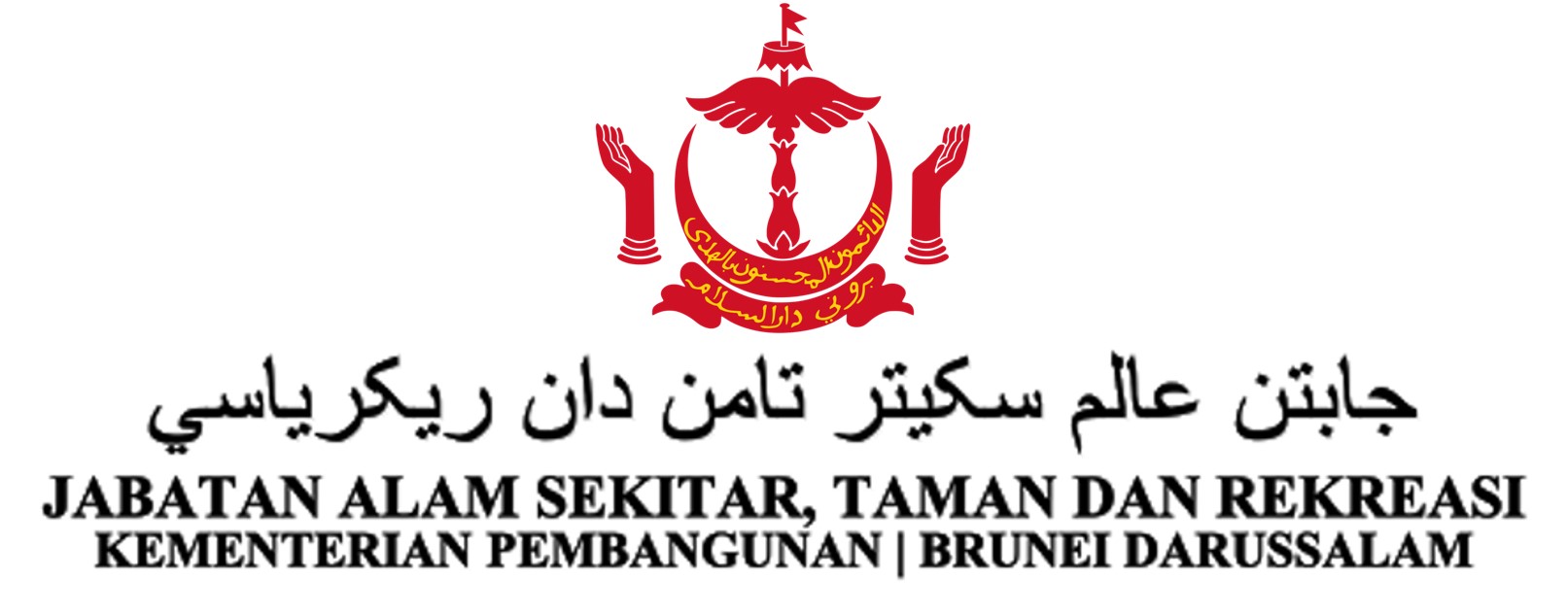
Electrical and Electronic Waste (E-Waste) in Brunei Darussalam
Electronic and electrical waste (e-waste) are any obsolete, unwanted or discarded devices that are electrically powered such as television, mobile phones, computer, radio, refrigerators, rice cookers, microwave and air conditioners. The last two decades saw the immense increase of electric and electronic devices usage. The proliferation use of electric and electronic devices has consequently led to the growth of e-waste being generated, making E-waste a fast-emerging problem globally, including Brunei Darussalam.
It has been calculated that the amount of e-waste generated globally has reached 53.6 million tonnes in 2019 and projected to increase at 3-5% annually (Holuszko et al, 2021). E-waste falls under waste management which is under the purview of the Department. E-waste contains a combination of components which includes valuable materials and toxic substances that may pose negative impacts on human health and the environment. The Basel Convention categorized e-waste as hazardous and transboundary movement as well as disposal is regulated through the Control of Transboundary Movements of Hazardous Wastes.
What governmental actions have been taken?
The indiscriminate illegal and improper dumping of e-waste to undesignated locations within the country is a cause for concern which may lead to human health impacts and environmental pollution. E-waste contains toxic components that require appropriate handling and disposal.
In 2018, a pilot project to accept e-waste through Recycling Day initiative was carried out by the Department of Environment, Parks and Recreation. The initiative was carried out in Brunei Muara, Tutong and Belait District with the main objective to increase public awareness and to slowly introduce the concept of proper e-waste disposal methods.
How is our E-waste managed?
Further to the initiative, the government has set up two e-waste collection depots namely, (1) Sungai Akar Transfer Station and (2) Sungai Paku Engineered Landfill. The depot at Sungai Akar Transfer Station and Sungai Paku Engineered Landfill are open to the public to provide convenience for e-waste disposal every day from 8 am to 4 pm.
%20in%20Brunei%20Darussalam/Total%20E-Waste%20Disposed%20to%20E-Waste%20Depot%20JAN2025.png)
|
Limitations and Challenges in E-waste management
Presently, the challenges and limitations in e-waste management can still be felt in the country. Existing recycling companies in Brunei Darussalam have limited capacity in fully recovering and recycling e-waste. Most e-waste that was dropped off or collected, was sent overseas for further treatment and recovery process.
How can we help?
Improper disposal of e-waste can eventually lead to the contamination of the environment, hence leading to impacts on our health and well-being. Although the government has implemented several initiatives to curb illegal e-waste disposal, people can greatly contribute by practicing proper waste management disposal. This can be done through engaging with
registered recyclers or sending e-waste to authorize e-waste depot. Through this, we can significantly reduce the number of improper e-waste disposal activities. Keeping our country clean requires collective efforts from all of us to achieve a clean and green environment for Brunei Darussalam.
Prepared by:
Department of Environment, Parks and Recreation
Ministry of Development
Date Published: January 2025


